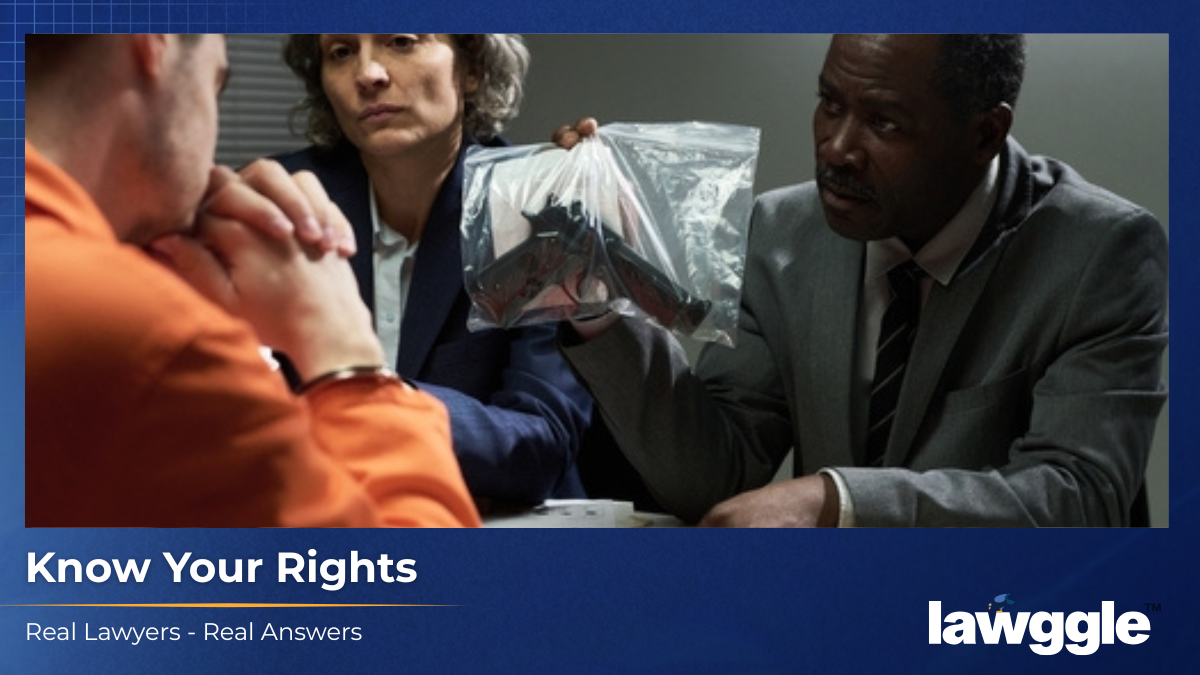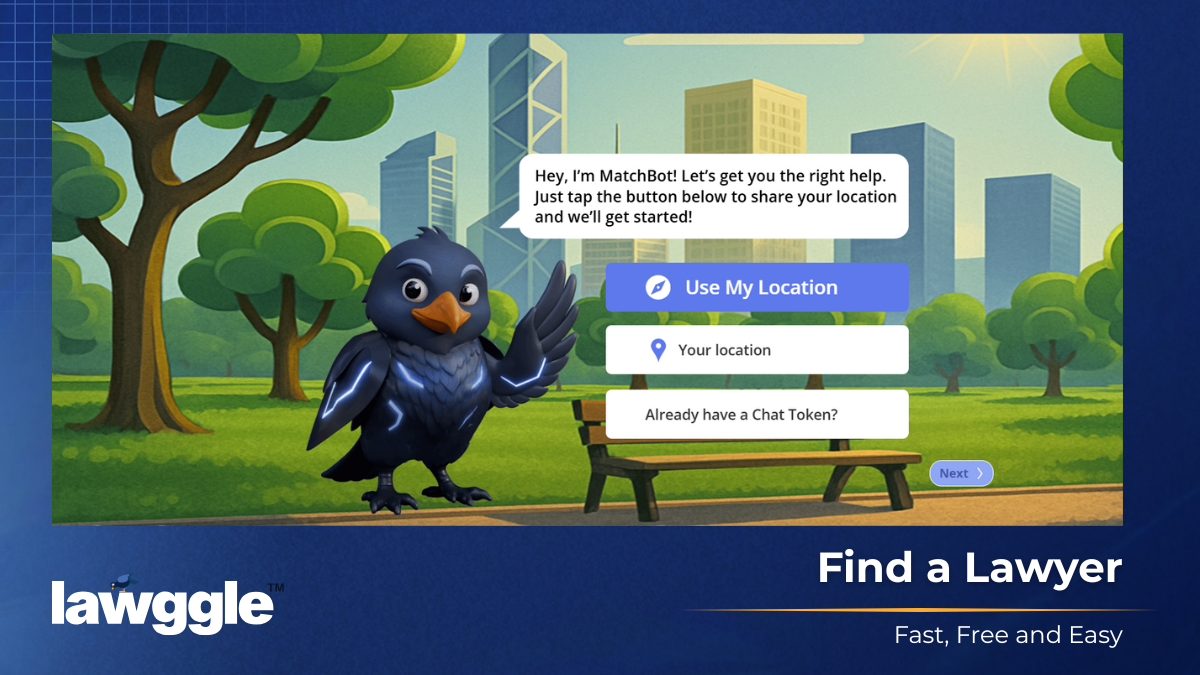%20(2).png)
Do I Have to Talk to the Police If I’m Arrested?
You’re Arrested. Now What?
No one’s ever really ready for it.
The flashing lights. The cuffs. The adrenaline. The questions.
“Where were you?”
“What happened?”
“Do you want to tell us your side?”
Your heart’s pounding, your brain’s racing, and the instinct is to talk your way out of it.
But here’s the thing: you don’t have to talk.
In fact, you shouldn’t.
Here's What a Real Attorney says:
Attorney Emily Shouse, a Connecticut-based criminal defense attorney, put it simply:
“NOT LEGAL ADVICE, but my professional opinion is that you absolutely do not have to speak to law enforcement if arrested, nor should you.
If you are in custody and an officer asks to speak with you, you should be read your Miranda warnings:
1️⃣ the right to remain silent
2️⃣ anything you say could be used against you
3️⃣ the right to an attorney
4️⃣ the right to an attorney even if you can’t afford one.
You should invoke your right to counsel.”
That’s it.
You have the right to stay silent, and the right to a lawyer.
Real Talk: Silence Protects You
Silence isn’t guilt.
It’s protection.
Everything you say after being arrested can be used later, even if you’re innocent or just trying to explain yourself.
Once you start talking, your words become part of the record.
Your job in that moment isn’t to defend yourself, it’s to protect yourself.
And that starts with saying one line:
“I’m exercising my right to remain silent. I’d like to speak with a lawyer.”
Quick Breakdown: What Are Miranda Rights?
You’ve seen it in every crime show “You have the right to remain silent…”
But it’s not just a TV line.
Your Miranda rights are a legal shield designed to stop self-incrimination.
Before police can question you, they must tell you:
- You can remain silent.
- Anything you say can be used against you.
- You have the right to an attorney.
- If you can’t afford one, one will be provided.
If they skip those warnings, or keep pushing after you’ve asked for a lawyer, that’s not just shady, it’s a violation of your rights.

When to Ask for a Lawyer
The second an officer says “Let’s talk,” your next line should be:
“I’d like to speak with a lawyer.”
You don’t need to yell. You don’t need to argue.
You just need to protect yourself and your future.
And remember: police are allowed to lie to get information.
That’s why lawyers say, don’t explain, don’t debate, don’t try to “clear it up.”
Just call your lawyer.
People Also Ask
Can I get a lawyer if I can’t afford one?
Yes. If you can’t pay for one, the court will appoint a lawyer to represent you.
Can police keep asking questions if I stay silent?
They can, but you don’t have to respond. Once you invoke your rights, questioning should stop.
What if I already started talking?
Ask for a lawyer immediately. Don’t say another word until they’re present.
The Lawggle Take
Moments like this are exactly why Lawggle exists, because when things get real, you need fast, free access to real lawyers.
You can connect with verified criminal defense lawyers near you, or ask a question anonymously and get a professional answer, at no cost.
➡️ Ask a Lawyer on Lawggle
➡️ Find a Criminal Defense Lawyer
Final Word
You don’t owe the police an explanation.
You owe yourself protection.
Attorney Emily Shouse said it best:
“You should invoke your right to counsel.”
Say less. Call a lawyer.
And if you want to learn more from lawyers who speak like real people, not robots, follow them.
Follow @attorneyemilyshouse on Instagram for legal insights and updates.
Resources

All of the articles on this website are intended for informational purposes only and are not intended to be legal advice. Laws, policies, and procedures change over time, and Lawggle is not responsible for incorrect or outdated content. If you need legal advice, we recommend speaking with a licensed legal professional.
Find a Lawyer
in a few
Simple Steps


